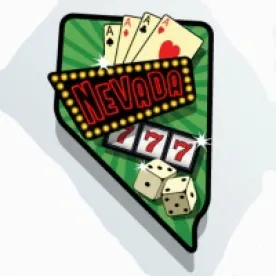Recently enrolled Nevada Senate Bill 266 makes sweeping changes to the tax on live entertainment in Nevada pursuant to NRS 368A. Under the newly enacted provisions, an excise tax is imposed on admission charges to facilities where live-entertainment is provided; the tax on food and beverages will now be eliminated effective October 1, 2015. The bill also eliminates most exceptions to the definition of “live entertainment,” and also clarifies some problematic exceptions relevant to the gaming and nightclub industries.
Under S.B. 266, an admission charge triggers the tax. “Admission charge” is defined as the “total amount, expressed in terms of money, of consideration paid for the night or privilege to enter or have access to a facility where live entertainment is provided.” An admission charge will now include “a membership fee and a service charge, or any other fee or charge that is required to be paid in exchange for admission to a facility where live entertainment is provided.” However, an admission charge will not include the value of complimentary admission or the right to enter or access a particular portion within a facility (for example, a private cabana at a pool).
Under S.B. 266, the tax rate for all facilities that offer live entertainment drops from 10 percent to 9 percent of the “admission charge,” and the tax will no longer be imposed on the amounts paid for food, refreshments, and merchandise that are not consideration for entry or access.
The bill also removes most of the exceptions to the definition of “live entertainment.” Notably, “a performance by a disk jockey who presents recorded music” will now be taxable as live entertainment under all circumstances. However, under the plain language of the bill, the following activities will not be taxable: go-go dancing; activities that do not a constitute “performance;” uncompensated spontaneous performances not exceeding 20 minutes in a 60 minute period, and; marketing or promotional activities that are associated with the serving of food and beverages, and do not last longer than 20 minutes within a 60-minute period.
Finally, the bill provides an opportunity for the Gaming Control Board and the Nevada Gaming Commission to resolve tax disputes where “the amount upon which the tax must be based is vague or subjective, not capable of reasonable determination or is the subject of a dispute that cannot be proven to the reasonable satisfaction of the Nevada Gaming Commission.” In these instances, the Nevada Gaming Commission is authorized to multiply the number of admissions to a facility by $50. The same is true for non-gaming taxpayers before the Nevada Tax Commission. If you have any questions, Lewis Roca Rothgerber is available to answer them.




 />i
/>i
